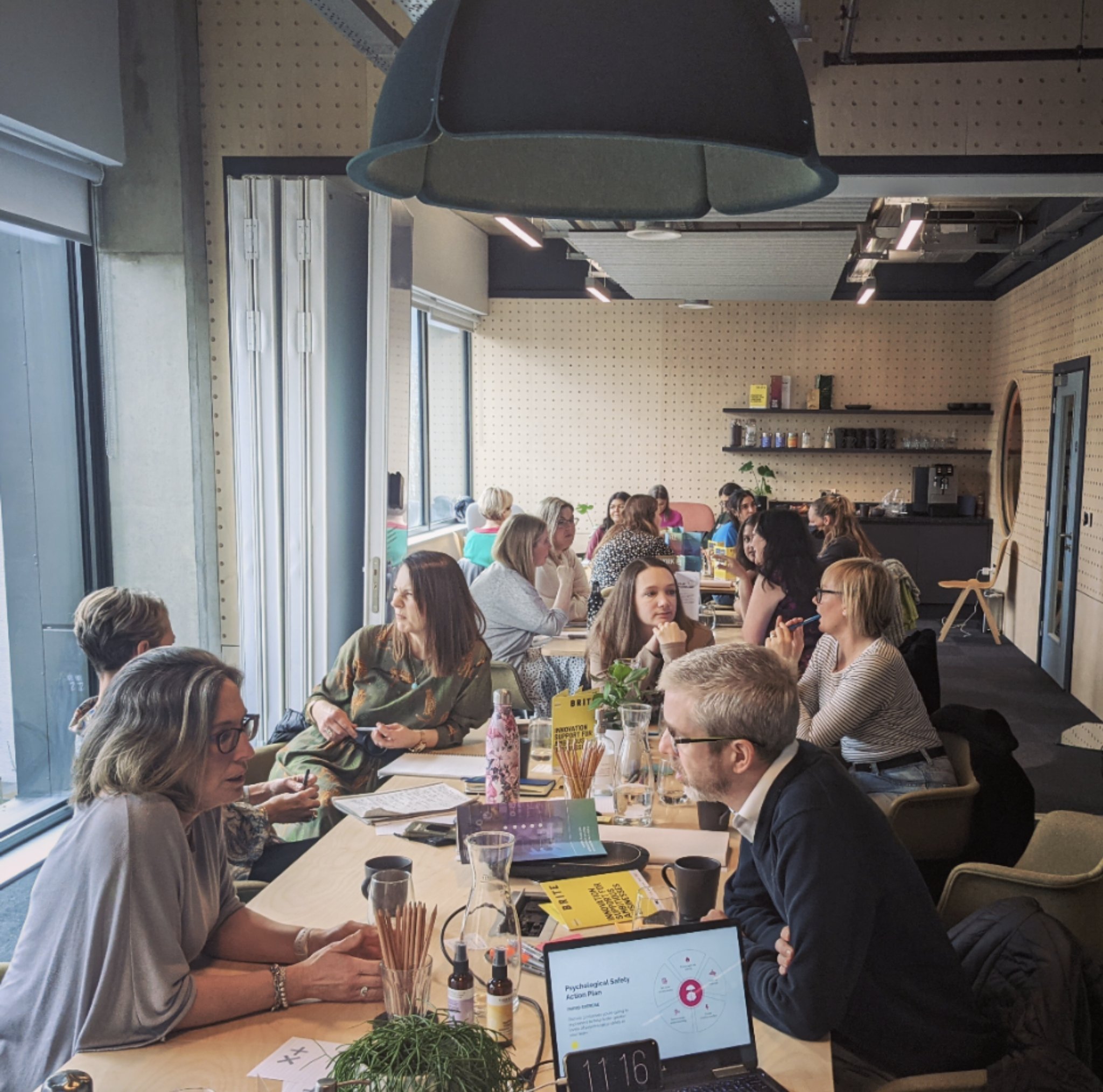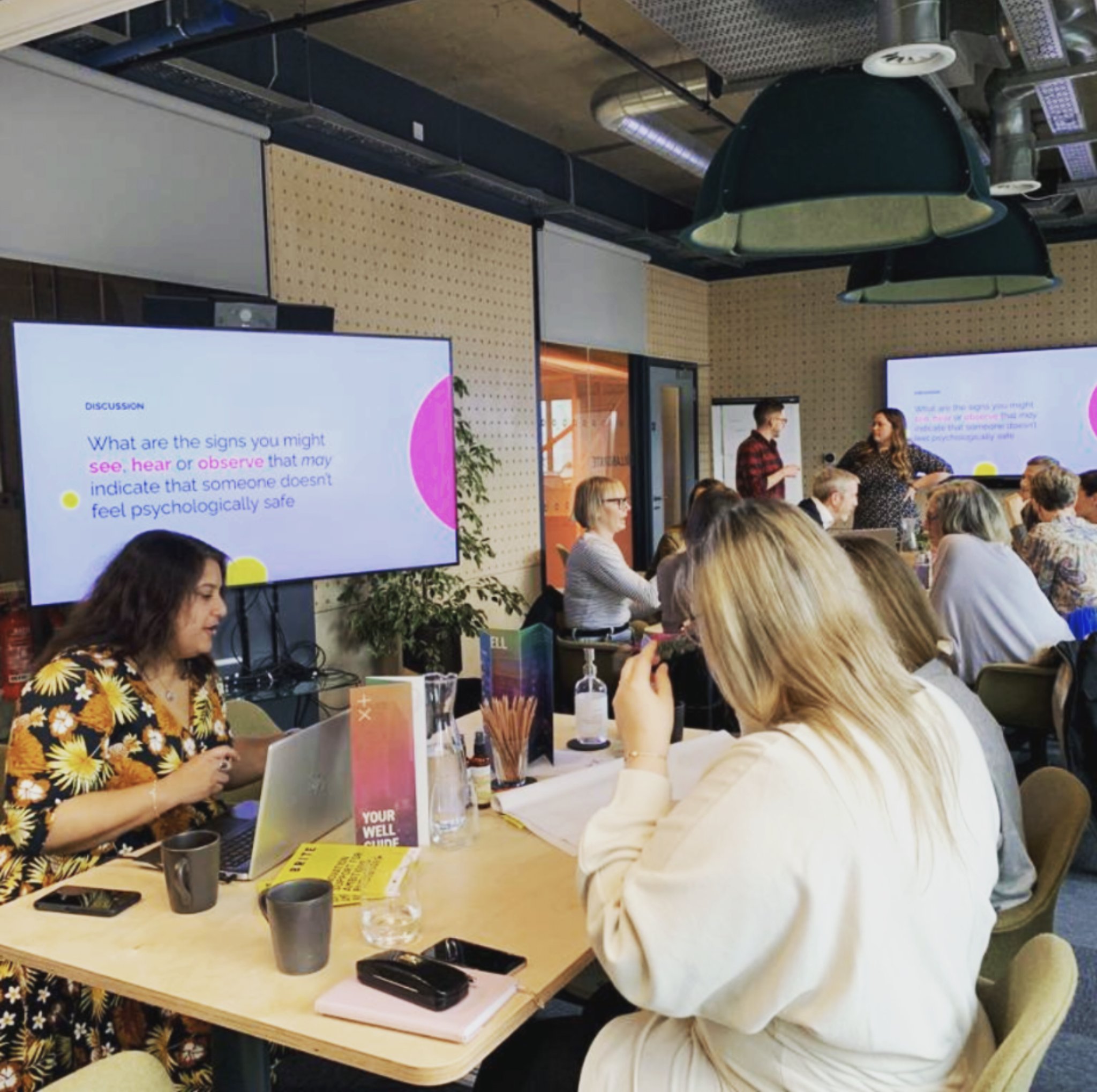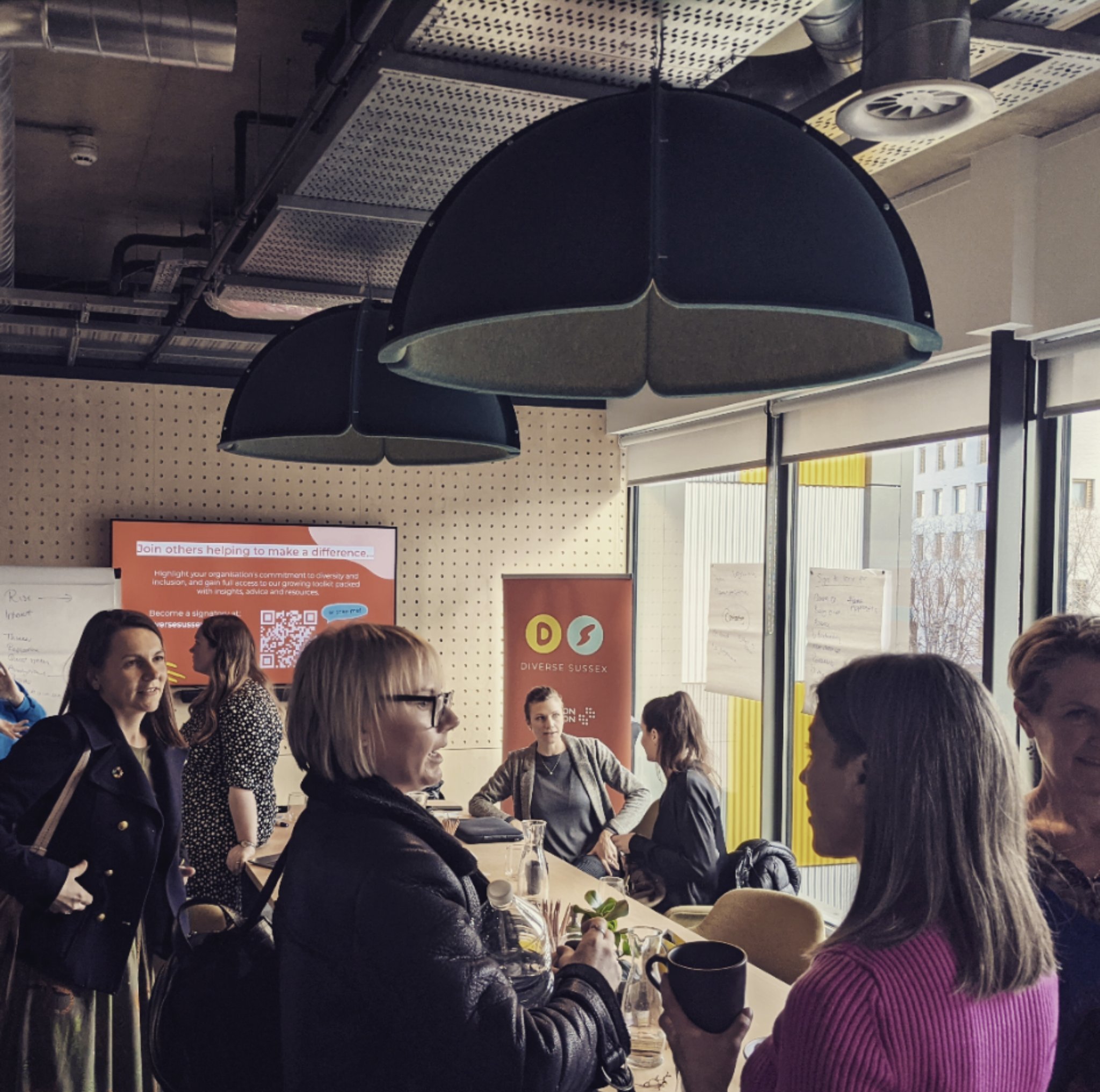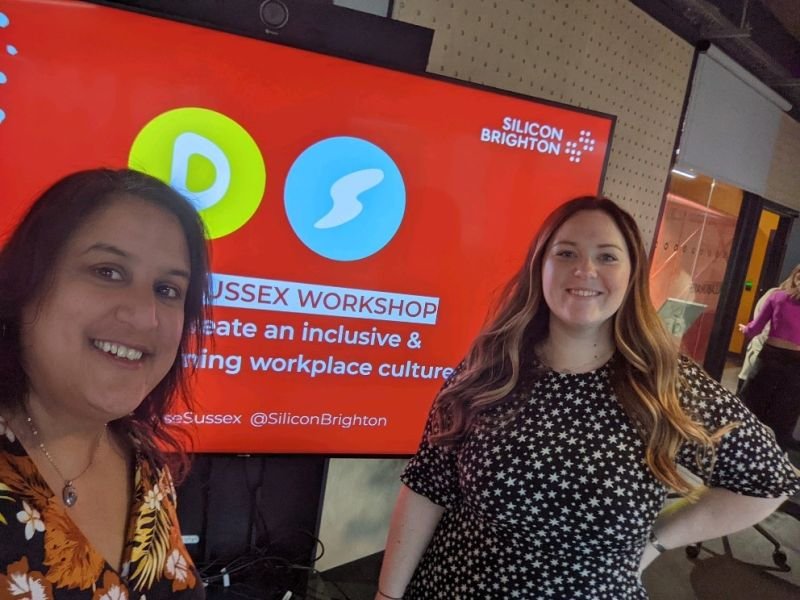
This month saw the first of a series of workshops brought to you by Silicon Brighton as part of their Diverse Sussex initiative, that’s ensuring everyone has equal access to opportunities in Sussex’s digital and technology sector.
I had the privilege of facilitating their first workshop (yay!), which was all about how to foster psychological safety. To give some context, when people on a team have psychological safety, they feel able to ask for help, admit mistakes, raise concerns, suggest ideas, and challenge ways of working and the ideas of others on the team.
A huge thank you to everyone who attended and helped create a safe and fun learning environment for us to collaborate together on how we can foster psychological safety in our own teams. We were able to capture some action shots of the morning – here’s a few of our favourites!
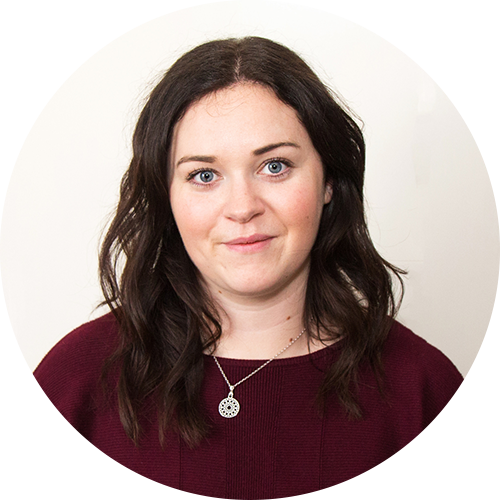
Ironically, given this is part of the Diverse Sussex initiative, notice the lack of diversity in the room. Graham O’Sullivan, Chief Information Officer at OneFamily, was the only male attendee (thank you so much for your insights during the workshop!). The very vast majority of us were white women.
Psychological safety is not a priority just for women, nor for the People (HR) team. It ought to be a priority for everyone – and if it’s not (aside from it kinda being your moral obligation as a leader) you’re missing out on the number one predictor for a culture of high performance.
So Founders, if you’re reading this and thinking ‘this sounds important’ (which aligns you with the 89% of leaders who also deem psychological safety as essential [McKinsey]), my question to you is where were you?
That’s not a raised eyebrow (ok, maybe a little) but let me make the business case for you:
Only 47% of people feel their workplace is psychologically safe [Ipsos]. That goes down to as low as 26% since the pandemic started [Workhuman]. In other words, teams aren’t feeling all that safe right now.
Why’s this a big deal? In the words of Amy Edmondson, “the academic research is overwhelming: when people believe they can speak up at work the learning, innovation and performance of their organisations is greater.”
This is backed up by Google’s 2012 research Project Aristotle, which overwhelmingly highlighted the number one predictor of a high performing team as… drumroll… psychological safety.
And it makes sense when we consider how our brains are wired; with its primary objective being to keep us alive. To do this our brains have developed five times more neural networks to look for danger than they have for reward and we subconsciously look for threats five times a second!
So – when we’re stressed our ability to problem solve, be creative and make rational decisions all goes down. As does our performance (and the performance of the team!).
How do we overcome this? We ensure our teams feel psychologically safe.
Yep, it’s not rocket science, and the things we can do as leaders are pretty simple and yet they’ll generate pretty impressive returns (it also just happens to be the right thing to do).
We’ve put together a playbook to help you get started, but if you’re really serious about ensuring a sense of belonging for your diverse teams to thrive, then reserve your space at the next Diverse Sussex event and sign up as a Signatory.
Ally Jones is an award-winning Executive Coach and Facilitator, helping creative and tech companies to scale by equipping Founders and their leadership teams with the tools and confidence to foster a culture of high-performance. When not working, Ally splits her time between her two young sons and the pub. In reality, that split looks like: 99% kids and 1% pub.
Join others helping to make a difference…
Highlight your organisation's commitment to diversity and inclusion, and gain full access to our growing toolkit packed with insights, advice and resources.
